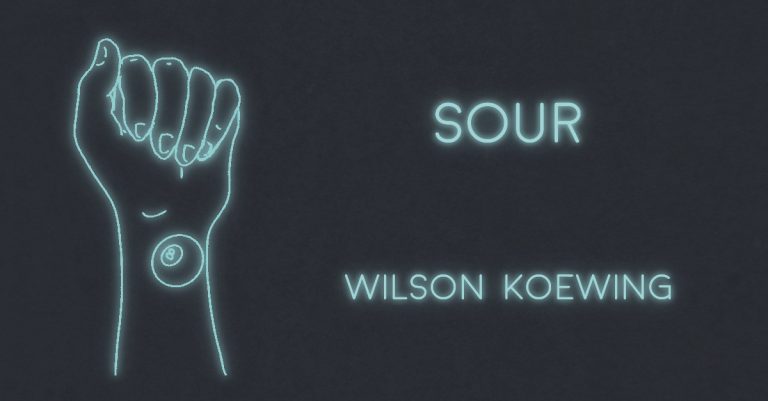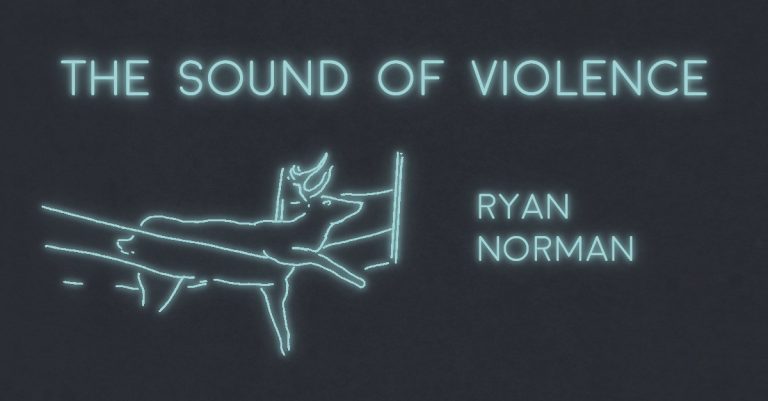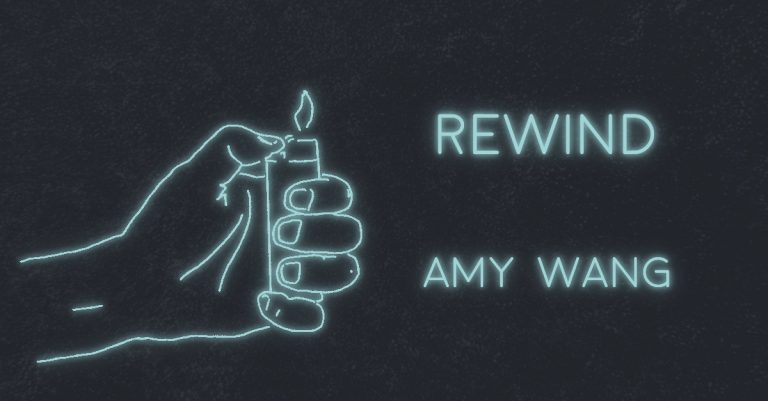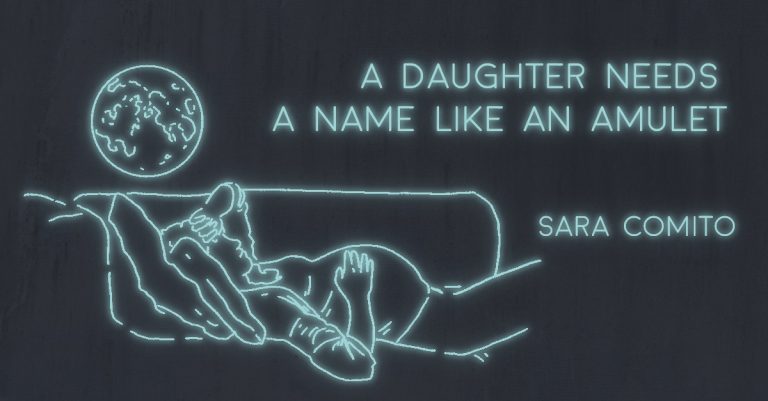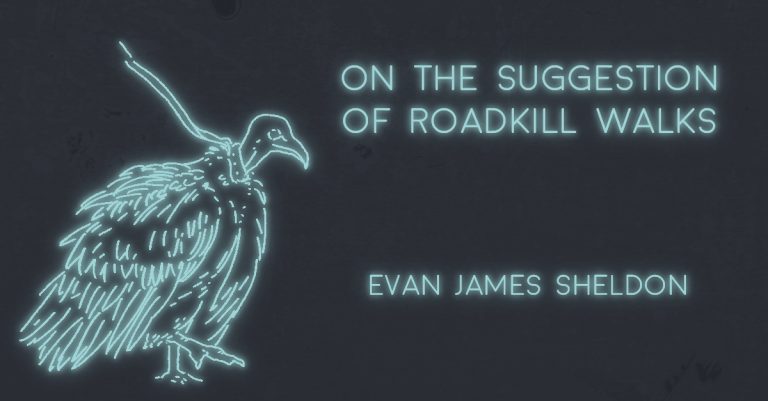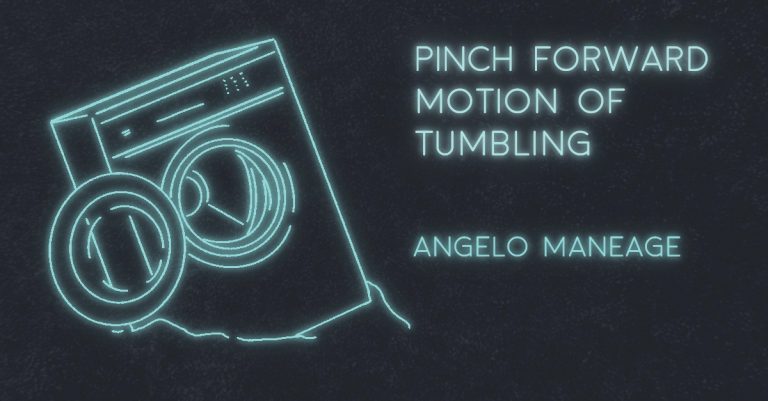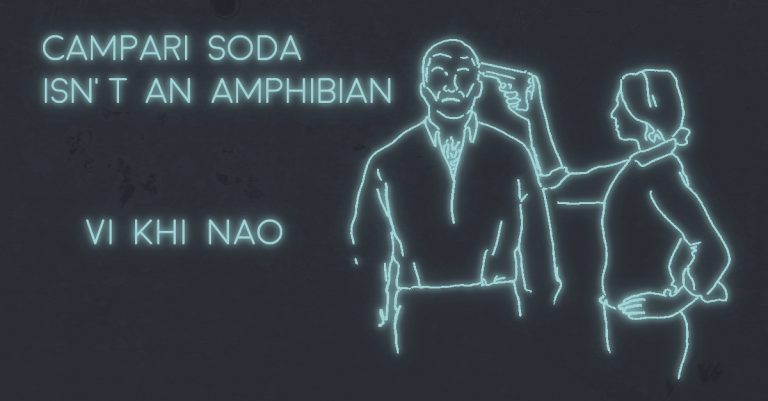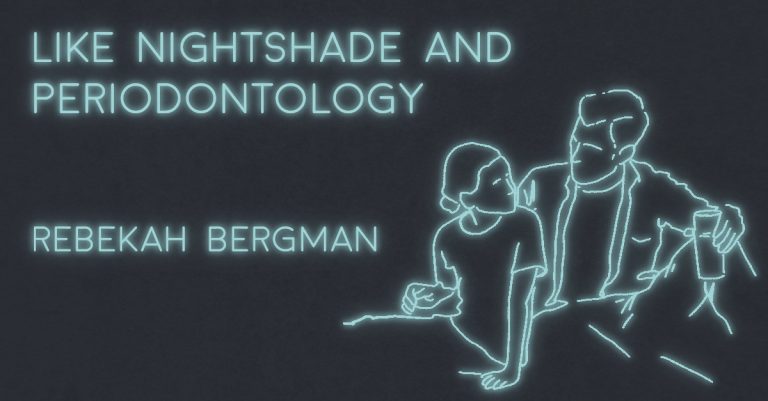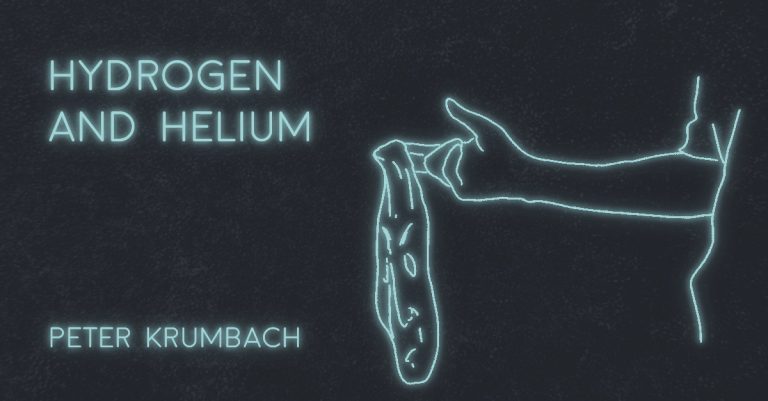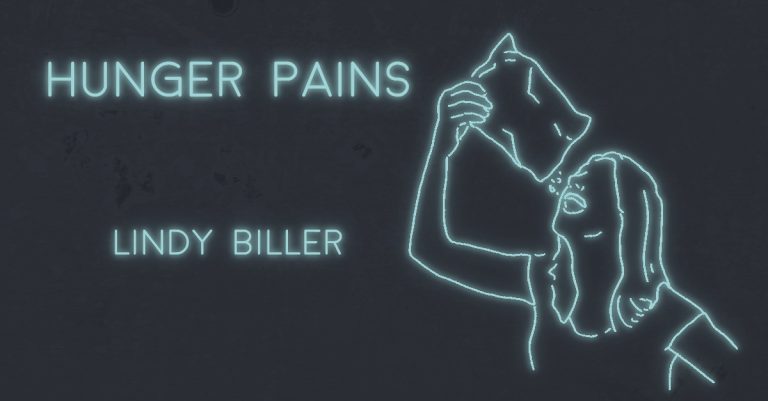
HUNGER PAINS by Lindy Biller
Eating nacho-flavored cauliflower chips is like eating the crisp skeletons of dead leaves. Still, there are far worse things I could be doing with my mouth. I sit at a drop-leaf table, grinding the so-called chips between my teeth, and you streak around our apartment, rabbit-like. You’re terrible at acting cool, aloof, whatever you want to call it, and I will always love this about you. You are tender to the bone. “Why am I doing this, what if I fuck the whole thing up?” you say, although you’re not really asking. I stand up, ignoring the subtle aftertaste of

